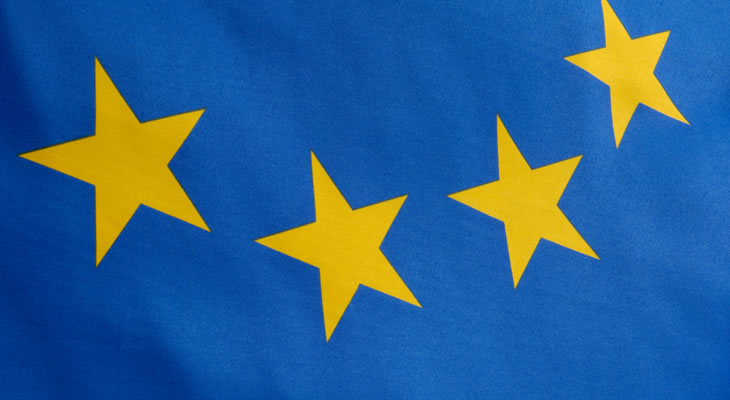Easing Eurozone Inflation Limits Euro South African Rand (EUR/ZAR) Exchange Rate Upside
As the headline Eurozone consumer price index eased as forecast from 2.2% to 2.0% on the year this put a fresh dampener on Euro (EUR) exchange rates.
With inflation now matching the European Central Bank’s (ECB) target rate the case for further monetary tightening diminished, to the detriment of the single currency.
As the accompanying core inflation rate proved weaker than expected the mood towards the Euro soured further, with an ECB interest rate hike looking like an increasingly distant prospect.
October’s Eurozone unemployment rate also left investors unimpressed as the labour market failed to tighten on the month, in spite of Thursday’s positive German unemployment data.
However, as the latest German retail sales data showed a surprisingly strong rebound of 5.0% on the year this helped to limit the single currency’s weakness.
While worries remain over the outlook of the Eurozone economy this was not enough to prevent the Euro to South African Rand (EUR/ZAR) exchange rate from making some modest gains.
South African Rand (ZAR) Loses Ground Ahead of Trade Balance
As markets brace for the G20 summit and the much-anticipated meeting between Trump and Xi Jinping demand for the South African Rand (ZAR) has diminished.
While there are hopes for a de-escalation in trade tensions between the US and China investors remain wary of any fresh souring in relations.
This weighed down the risk-sensitive Rand ahead of the weekend, in spite of fresh signs that South African inflationary pressure remains elevated.
A stagnation in China’s November manufacturing PMI also put pressure on ZAR exchange rates as market risk appetite generally diminished.
Even so, the South African Rand could find some support on the back of October’s trade balance data.
If the deficit narrows on the month as forecast this may encourage ZAR exchange rates to return to an uptrend in the near term as confidence in the domestic outlook improves.
EUR/ZAR Exchange Rate Vulnerable to Signs of Weaker German Economy
The EUR/ZAR exchange rate still looks vulnerable to any fresh signs of weakness within the latest economic data from Germany in the week ahead.
October’s German factory orders and industrial production data could weigh heavily on the Euro if the manufacturing sector shows fresh evidence of slowing.
Unless the Eurozone’s powerhouse economy can recover some of its lost momentum before the end of the year EUR exchange rates are likely to remain on a softer footing.
Another contraction in Germany’s construction PMI could also put downside pressure on the single currency, adding to worries over the underlying health of the economy.
With the Eurozone looking set to see a further slowdown in growth in the fourth quarter the Euro could fall out of favour on the back of any disappointing data.
Any developments in the ongoing dispute over the Italian government’s 2019 budget proposal could also provoke volatility for the Euro to South African Rand (EUR/ZAR) exchange rate.


Comments are closed.